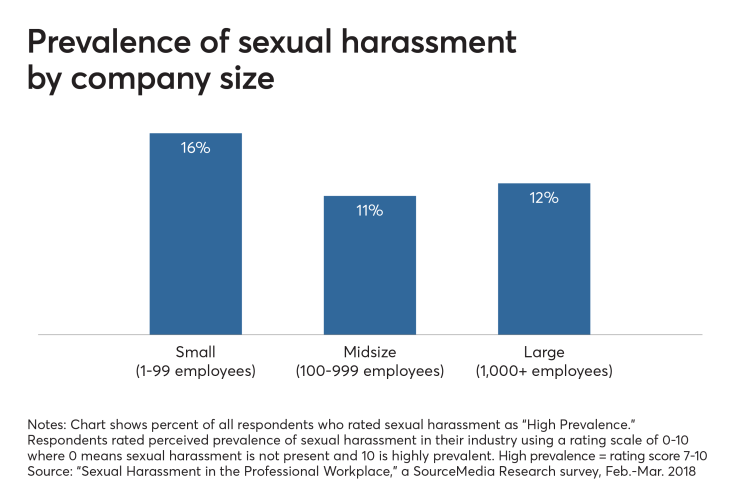With the summer (and many vacations) now in full swing, it would be easy for New York-based employers to forget about the
But for the ever-vigilant employers out there, here is a brief summary of the new laws to watch out for in the near term.

- As of July 11, the NY CPLR has a new section (7515) that prohibits the use of mandatory arbitration clauses to resolve allegations or claims of sexual harassment. Effectively, this new section — which applies only to written contracts entered into on or after July 11 — prevents employers from unilaterally requiring employees to arbitrate any sexual harassment claims. Unless otherwise agreed to by the employer and employee, such claims must now be brought before the Division of Human Rights or in court.
- Also as of July 11, Section 5-536 was added to New York’s general obligation law. This new section provides that no employer (or its officers or employees) shall have the authority to include a non-disclosure or confidentiality provision in any settlement, agreement or other resolution of a sexual harassment claim unless it is the complainant’s “preference” and the provision includes both a seven-day review and a 21-day revocation period.
- Beginning Sept. 6, as a result of the enactment of the
Stop Sexual Harassment in New York City Act , New York City employers must “conspicuously” display and give to all new employees an anti-sexual harassment poster that will be designed and made available by the New York City Commission on Human Rights.
- Beginning Oct. 9, New York state employers must adopt and distribute annually an anti-sexual harassment policy that meets or exceeds a model policy that will be issued by the New York State Division of Human Rights and the Department of Labor. Among many other requirements, the policy must prohibit sexual harassment, provide information on relevant federal and state laws on the issue, set forth a complaint form, and state the procedures to be followed for the confidential investigation of complaints. By this date, New York state employers also must implement an annual sexual harassment prevention training program that, like the anti-sexual harassment policy, must meet or exceed a model program that the Division of Human Rights and the Department of Labor will publish.
As one would imagine, these new laws are fraught with uncertainty regarding implementation. It is never too early to start examining company training programs, policies and procedures to ensure that there is adequate time to alter them, if necessary. Employers in New York state and NYC can visit the
This article originally appeared on the





